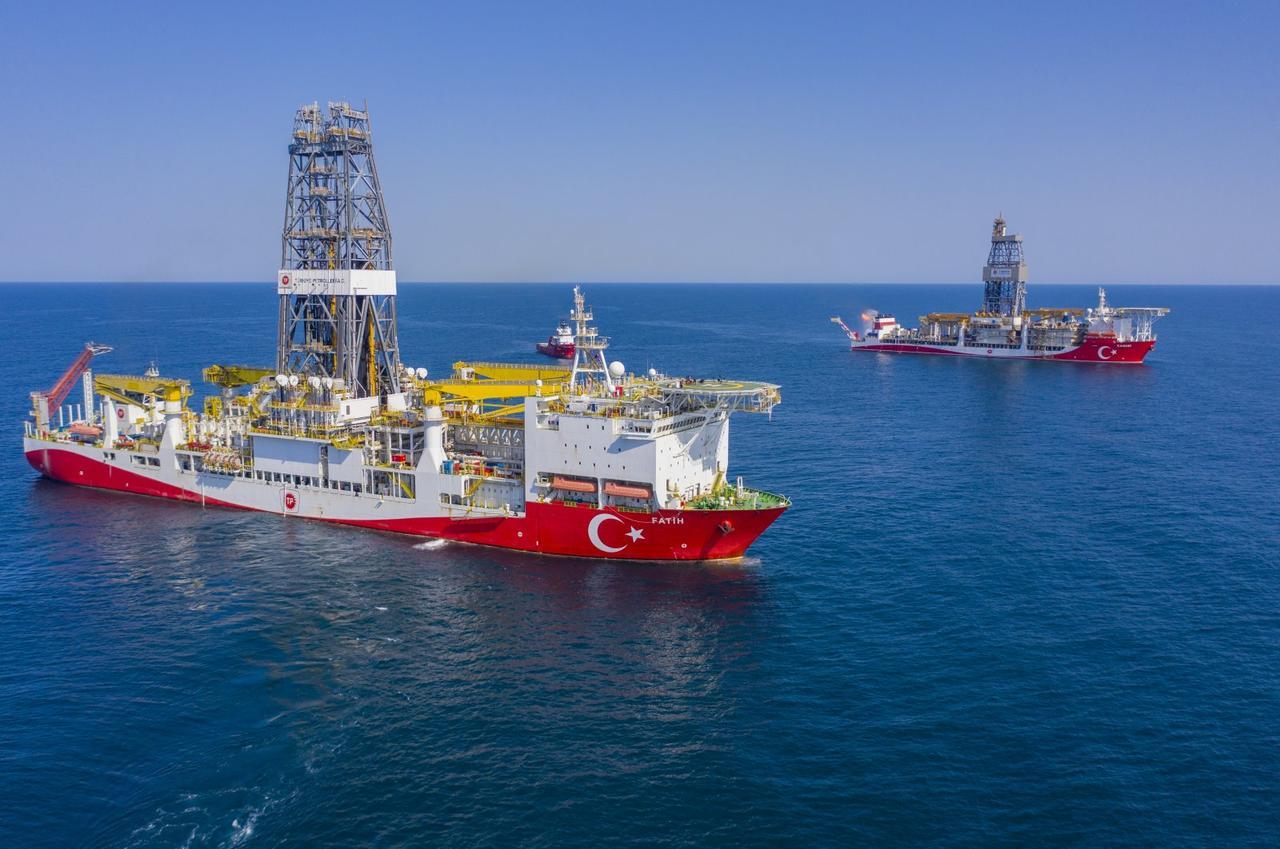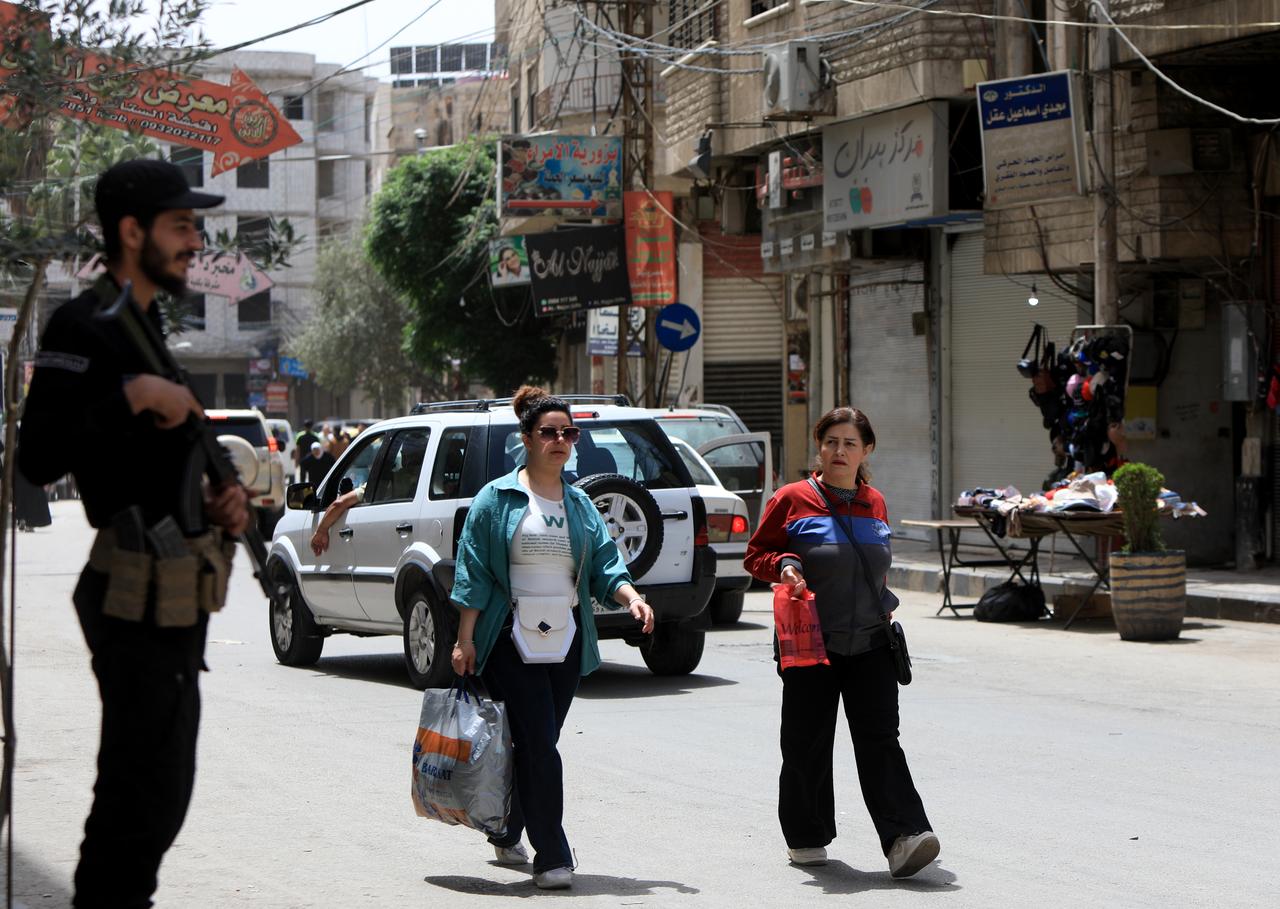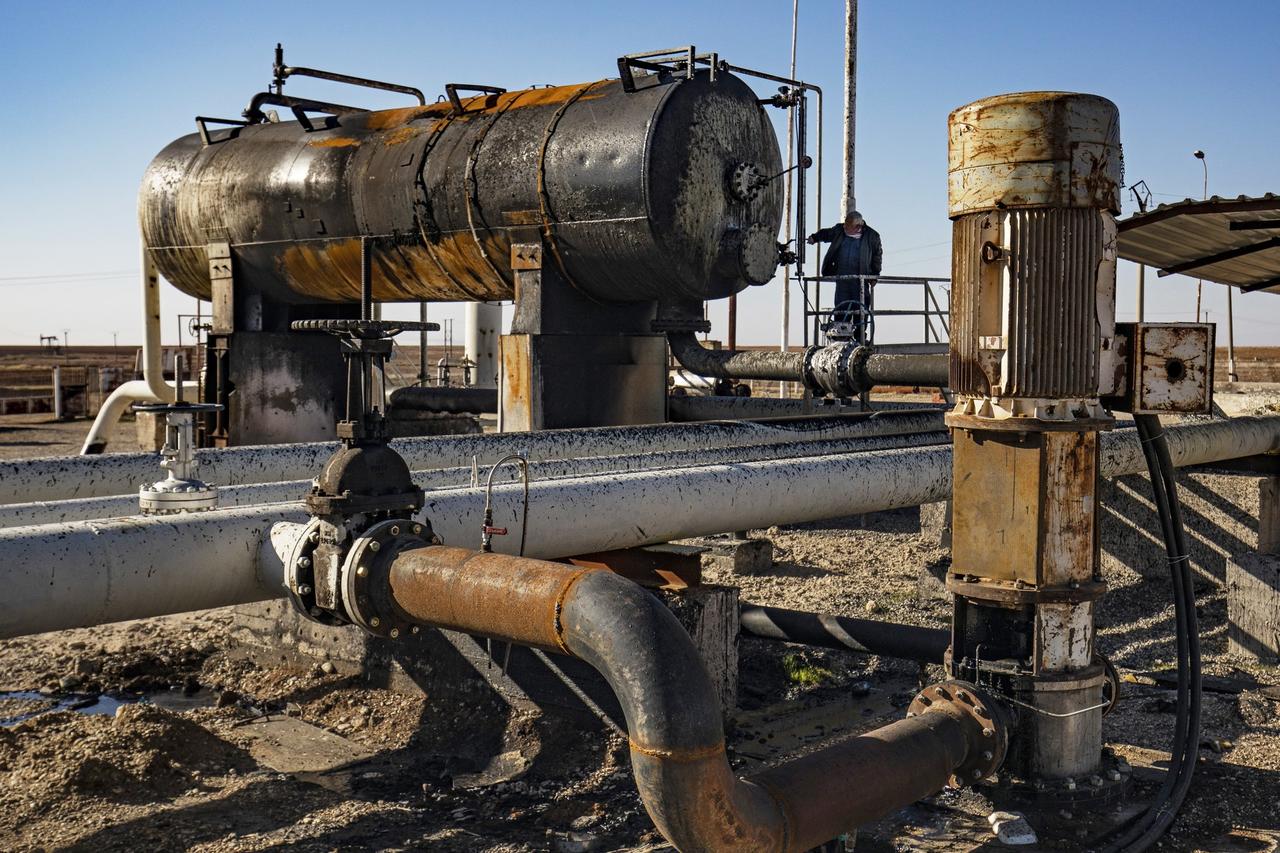
Türkiye's plan to supply Syria with daily shipments of 6 million cubic meters of natural gas within three months is expected to significantly improve the country's energy infrastructure, which has deteriorated during years of conflict.
According to data compiled by Anadolu Agency from the Ministry of Energy and Natural Resources, the natural gas supply, which is planned to reach 2 billion cubic meters annually, will be primarily used for electricity generation in Syria.
This initiative represents a major step in Türkiye's regional energy diplomacy and its growing role as an energy hub connecting resources from multiple regions.
Following the fall of the Baath regime and 13 years of war that severely damaged all infrastructure, approximately 16 million people in Syria need urgent health support, according to World Health Organization (WHO) data.
The energy crisis has compounded these humanitarian challenges, with power outages affecting critical services including healthcare facilities, water pumping stations, and basic utilities.

Türkiye places great importance on Syria's reconstruction efforts across multiple sectors. The country offers opportunities in oil and natural gas exploration, drilling, refining, rehabilitation of electricity transmission lines and power plants, rebuilding petrochemical refineries, and mining operations.
These initiatives are seen as crucial for stabilizing the region and addressing the humanitarian crisis that has persisted for over a decade.
Syrian Energy Minister Mohammed al-Bashir's decision to begin his first official contacts in Türkiye in early May, emphasizing Türkiye's continued support since the beginning of the Syrian revolution, signaled that infrastructure work in the energy sector would accelerate.
This diplomatic engagement marks a significant development in bilateral relations, specifically focused on energy cooperation.
Currently, Türkiye supplies approximately 200 megawatts of electricity to Syria, with plans to add an additional 300-400 megawatts shortly. This existing electrical supply has been critical for maintaining minimal services in border regions, but it remains insufficient to meet Syria's overall needs.

After Energy and Natural Resources Minister Alparslan Bayraktar announced that Türkiye would send 6 million cubic meters of natural gas daily to Syria within three months for electricity production, attention turned to infrastructure preparations on both sides of the border.
While the natural gas pipeline in Kilis approaches the Syrian border, infrastructure work related to the pipeline on the Syrian side has been accelerated. These efforts include both the physical pipeline infrastructure and the rehabilitation of power plants that will utilize the gas. Bayraktar, who stated that the natural gas would be sent to Aleppo via Kilis, said, "We will be supplying fuel for the gas power plants there."
In Syria, the absence of reliable electricity has forced reliance on mobile and small-scale electricity generation devices and generators, which are both costly and environmentally problematic.
The introduction of natural gas for power generation aims to provide a more sustainable and reliable energy source for the country's recovery.

In his assessment to Anadolu Agency, Oguzhan Akyener, President of the Türkiye Energy Strategies and Policies Research Center (TESPAM), said that Türkiye trades electricity and natural gas with many different countries, and it is important for Türkiye to supply electricity to different countries to ease the electricity grid system and enhance regional stability.
Akyener, who stated that all infrastructure from electricity to natural gas has collapsed in Syria, said: "Electricity cannot be provided for more than one-third of the day in any province of Syria, including Damascus. Syria has started working to solve this problem. They are determined about this."
He provided historical context about previous regional energy initiatives: "There was a pipeline called 'Arab Gas Pipeline' that was previously planned to take Egyptian natural gas via Jordan and send it to Türkiye through Syria. There was work in the Kilis, Iskenderun section. The Jordan part was also completed. This plan was postponed due to the unrest in Syria. Now, it is aimed to deliver Qatari gas to Damascus using the Jordan section of this line. On the other hand, similarly, the Damascus administration wants to get natural gas from Türkiye and quickly activate natural gas combined cycle power plants. Syria aims to feed its electricity grid with the help of these combined cycle plants by purchasing additional natural gas from the region."
Explaining that natural gas combined cycle power plants have the feature of being turned on and off at the desired time, which makes them particularly suitable for countries rebuilding their energy infrastructure, Akyener assessed, "The most important step Syria can take is to improve these networks. Türkiye will support all of these. Building natural gas combined cycle power plants is relatively faster and more logical compared to other plants."
Akyener highlighted Türkiye's strategic position in the regional energy landscape, noting, "Türkiye has now become the largest natural gas consumer in the region and, at the same time, a natural gas exporting country. We continue to strengthen this goal with the steps we take, the investments we make, and the networks we establish in line with our goals of becoming an energy hub."
This gas supply agreement demonstrates Türkiye's evolution from being primarily an energy consumer to becoming an active participant in regional energy distribution and diplomacy, furthering its strategic goal of becoming a central energy hub connecting Europe, Asia, and the Middle East.